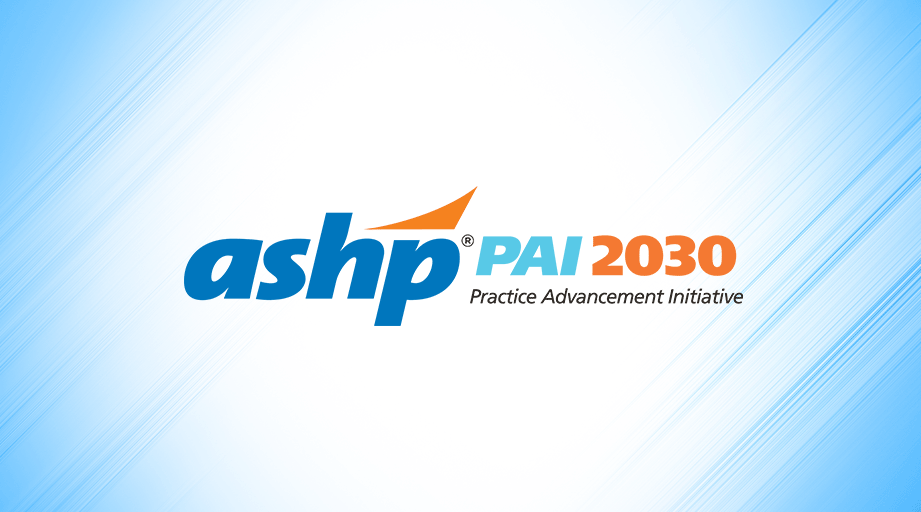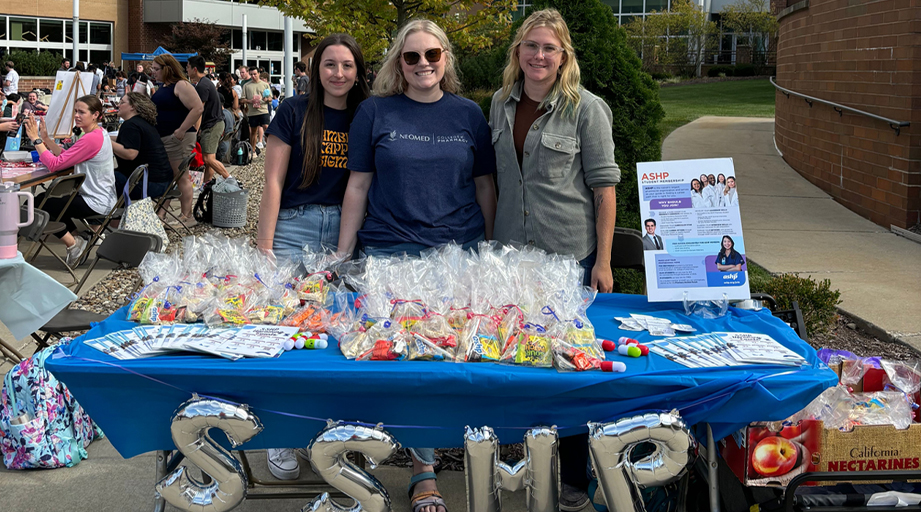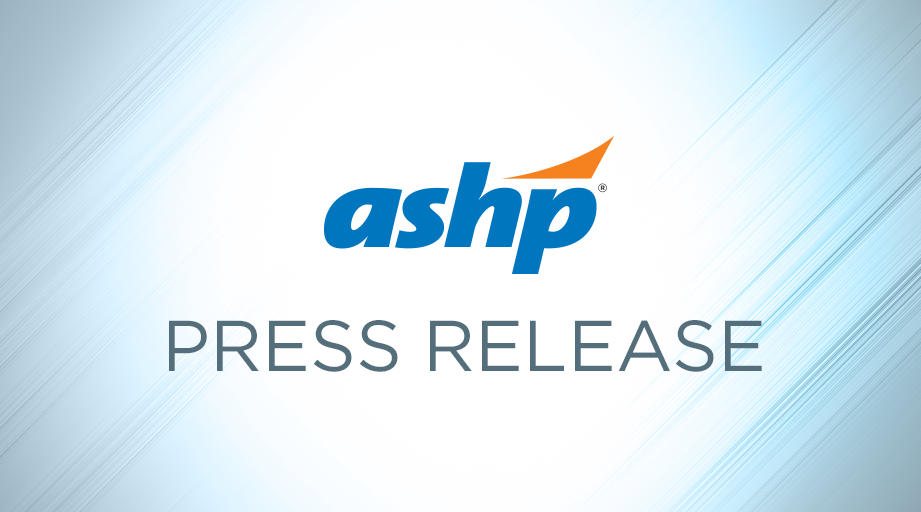
ASHP’s Practice Advancement Initiative (PAI) 2030 provides pharmacy teams with guidance on 59 recommendations that advance healthcare, patient outcomes, and pharmacy practice. This guidance helps pharmacists, health systems, and pharmacy leaders provide optimal, safe, and effective medication use.
The 2023 Midyear offers programming related to the PAI 2030 focused initiatives and each of the five PAI 2030 recommendation domains.
ASHP’s PAI 2030 State Affiliate Toolkit provides guidance and resources to help organizations and states adopt PAI 2030 recommendations and focused initiatives. The toolkit includes tips for getting started, a step-by-step implementation pathway, a customizable communications template to fit state or organizational needs, and other helpful resources.
Throughout 2023, ASHP kicked off a virtual collaborative learning cohort. The group followed a 9-step implementation process outlined in the ASHP PAI 2030 State Affiliate Toolkit that included brief, monthly presentations supplemented with an office-hours format. Recordings of these sessions are available in the PAI community on ASHP Connect.
The PAI 2030 Self-Assessment Tool helps identify areas where PAI 2030 recommendations could have the greatest impact. Organizations and practitioners can complete this gap assessment to gauge conformity with PAI 2030 recommendations, identify areas for improvement, and develop a customized list of priorities for implementing change.
So far, more than 800 assessments have been started or completed, helping participants set goals and objectives for practice settings, organizations, and state affiliates.
For a limited time, participants completing an assessment will receive a coupon code for a 15% discount on 13 ASHP professional certificates that are relevant to PAI 2030, including the Medication History-Taking and Reconciliation Certificate, Data Analytics Certificate, and Billing & Reimbursement for Patient Care Clinical Services Certificate.
The following PAI 2030 Self-Assessment Tool action plan trends, identified through November 2023, are particularly feasible and impactful:
- Pharmacists, pharmacy technicians, learners, and interns should engage in or lead collaborative, interprofessional medication reconciliation processes and medication education across the care continuum, particularly during admission, discharge, in ambulatory care clinics, and in the emergency department.
- Documentation made by pharmacists related to patient care should be available to community pharmacies and external healthcare providers.
- Require completion of an ASHP/ACPE-accredited technician education and training program for newly hired pharmacy technicians.
- Pharmacy technicians should have complete responsibility for advanced technical and supporting activities. These include provisioning automated dispensing cabinets and compounding sterile preparations in compliance with quality, safety, and environmental control requirements.
The ASHP State Affiliate Workshop at the 2023 Midyear will feature stories from select states about how they mobilized their team, shepherded PAI 2030 assessment completion, and formulated statewide action plans for adoption of the recommendations through advocacy, education, and resource development.
Examples of PAI 2030 bring-to-life stories were recently spotlighted in the ASHP News Center and include Exponential Participation from Pharmacists and Techs in OSF HealthCare’s Pharmacy Advance Program and Pharmacy Technician Links Patients with Hepatitis C to Care.
To learn more about PAI 2030, visit www.ashp.org/pai and direct questions to [email protected].







